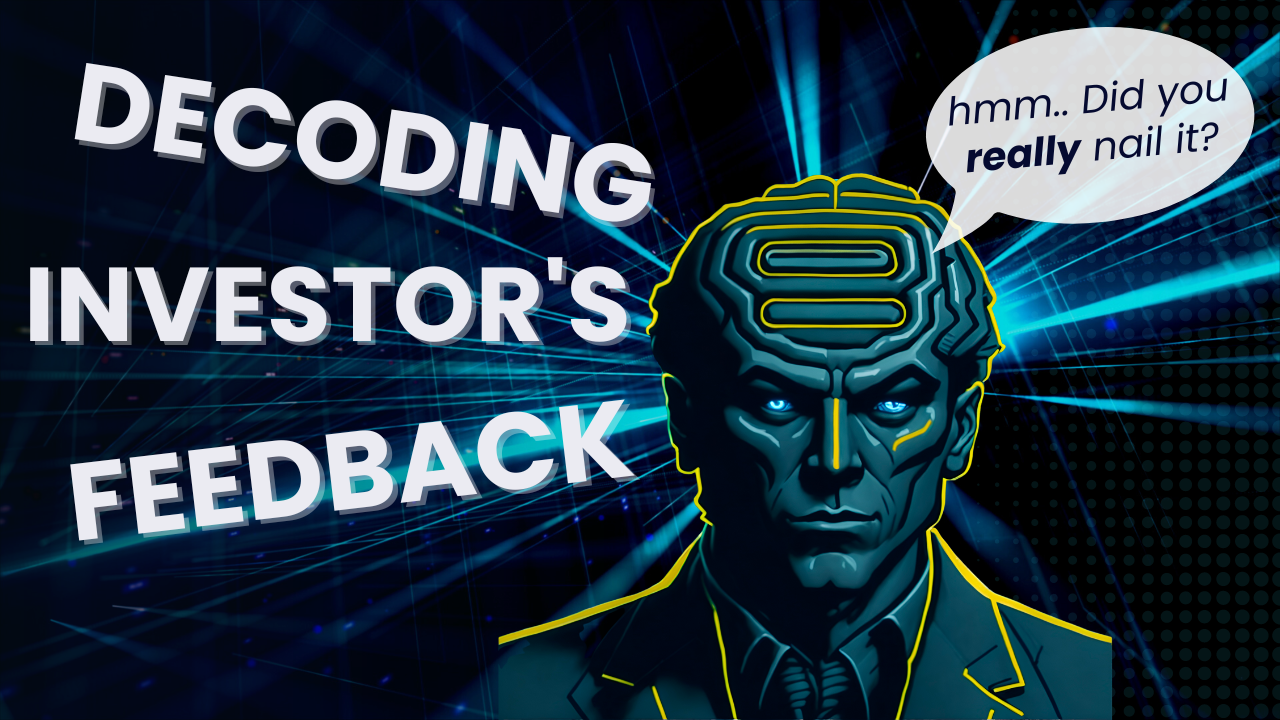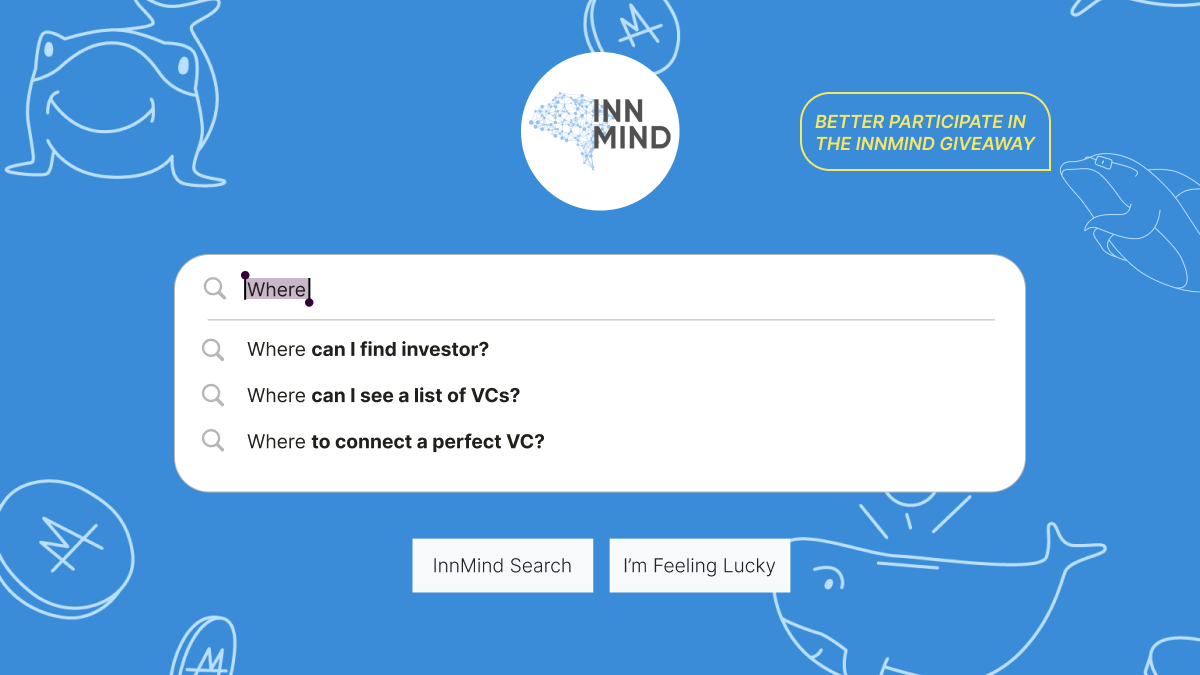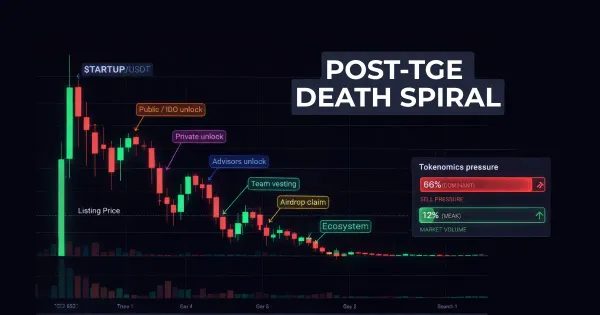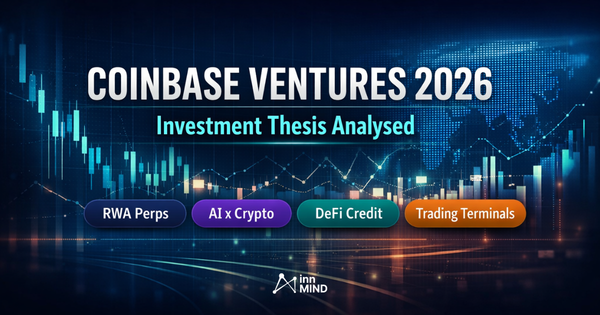Cracking the VC Code: Your Guide to Decoding Investor Signals in Web3

Hello there, web3 and crypto founders! Ever had a meeting with a VC investor and walked out thinking you've nailed it, only to be met with radio silence in the days that followed? Welcome to the mystifying world of venture capital, where the language of feedback is as intricate as the code of an Ethereum smart contract. But fear not, we're here to decode it for you.
Silence Isn't Golden: no challenging questions
First things first: if the VC is nodding along without pushing back, it's not because they're engrossed in your pitch. Quite the contrary, they're probably not sold on your idea. Remember, interested investors will challenge your vision to ensure it can withstand market scrutiny. This applies equally to web2 and web3 startups - whether you're proposing a revolutionary SaaS model or a groundbreaking DeFi protocol.
Neglected Nuggets of Wisdom: no feedback
If you're not receiving any constructive criticism on how to enhance your product, pitch, or your go-to-market strategy, it's not because your startup is that perfect. It's more likely that the investor doesn't care enough about your success to provide meaningful insights.
Detective Went Silent: lazy due-diligence
And if you're waiting for a follow-up call or email after the meeting, but all you're getting is silence, don't assume they're just swamped with other deals. If investors are truly excited about your venture, they won't leave you hanging. They will go back and forth with the questions, dive into details and annoy you with extensive due diligence. Delayed responses or vague communication usually indicate a lack of interest in your funding round.
No Exit Strategy = No Need to Invest?
Another important aspect to watch for is whether investors inquire about your exit strategy. In the web3 world, this can be especially complex, given the evolving nature of regulations and market structures. But, if investors aren't asking about your exit strategy at all, they may not be envisioning a future where they'll need that information.
Lonely Island: no intros to friendly VCs
A common sign of disinterest is when investors don't introduce you to their network. An interested investor will aim to mitigate risk by gathering more information from trusted sources. If they're not introducing you to potential customers fitting your target persona or other investors, they're likely not very keen on your product. This can be even more critical in the web3 space, where networking and partnerships can play a vital role in the adoption of your protocol or platform.
Interested investors will always share your startup with friendly VCs and invite them to co-invest. This is also a common way for venture capitalists to collect other investors' feedback and prove your findability.
Numbers Overkill: overemphasis on your market cap and valuation
Overemphasis on valuation can be another red flag. If they're too focused on the cap of your round, they might be looking for a polite exit strategy. This is particularly relevant for web3 startups, where token economics and market cap estimations can be more complex and speculative than in traditional startups.
Stuck in the VC Lobby
Finally, if you're stuck with venture analysts or junior partners and unable to reach decision-makers, it's not necessarily because the Managing Partners are too busy. It could mean that the junior partners either undersold your startup or decision-makers just aren't interested.
Humble VC = cold investor?
If the VC isn't enthusiastically pitching their firm to you, it's not due to modesty. When VCs want in on a deal, they'll try to sell you on the advantages they offer, like their network, partners who can assist you, and their previous experiences. If they're not doing this, they likely don't believe they need to because they're not willing to compete for your deal.
So, the next time you're in a meeting with a VC, remember to read between the lines! Navigating these signs can be challenging, especially in the fast-paced worlds of crypto and web3. And understanding the real meaning behind investors' feedback is an art, much like writing the perfect smart contract or developing an innovative dApp. But with this blueprint, you're well on your way to mastering it.
🔐 Build Investor Relationship
Another thing to remember: platforms like InnMind can be very supportive in navigating your crypto fundraising journey. They not only provide a stage for startups to present their projects to global venture investors but also offer networking opportunities and assistance in preparing your pitch. The audience consists of verified, active investors specifically interested in tech and crypto startups. The whole setup is designed to ensure a high level of engagement and meaningful interaction between startups and potential investors.
Remember, fundraising is a journey, and every interaction, every feedback point, is a stepping stone toward your goal. Stay resilient, stay innovative, and keep pitching!
Read also:










